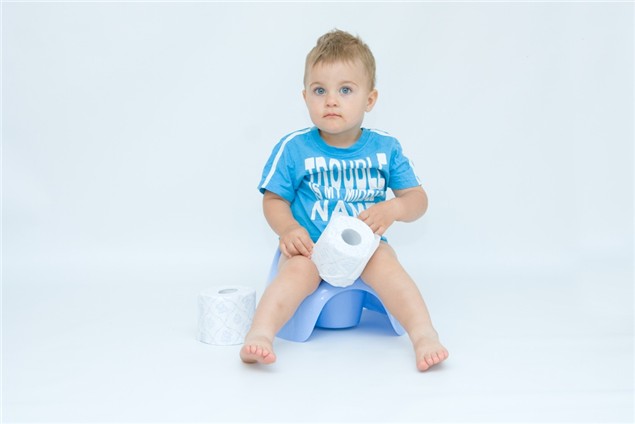Symptoms of Constipation in Children

Raising a child is a tricky business, where every day is a learning process as parents can never actually predict the behaviour or the mood of their toddler.
While a baby’s mood varies, his habits are another puzzle which include eating and going to the bathroom.
Parents are often concerned about their child’s bowel movement, as a child might go on for days without feeling the need to use the bathroom at all. While two or three days should not ring any alarm bells as it is quiet normal for children not to use the bathroom depending on their diet.
It has commonly been observed that if a child fears to endure pain while having a bowel movement, he or she will refuse to go to the bathroom which will make the situation even worse. As parents, you have to notice your child’s behaviour when he/she needs to make a bowel movement, as during constipation, a child may cross his or her legs, clench his/her hips, or give facial expressions exhibiting pain.
Instructions
-
1
Symptoms:
- Pain during a bowel movement
- Abdominal strain
- Nausea
- Soiled underwear
- Unhealthy appetite
- Irritating behaviour
- Hard stool covered with blood on the surface
- The backing of stool in the rectum causes traces of liquid or clay in the child's underwear
- Absence of bowel movements for several days
- Stools which are hard, dry and difficult to pass -
2
Time to see the doctor:
Although constipation in children is not serious and parents do not have to be alarmed if the pattern isn’t consistent. However, chronic constipation is something that needs to be taken care of before it can cause other complications in the intestines.
- Swelling in the abdomen
- Rapid weight loss
- Bloody stools
- Rectal prolapsed
- Anal fissures
- Vomiting
- Fever -
3
Parents should ensure their child drinks plenty of milk and water which prevents stool from getting hard and the child should be encouraged to make a habit of daily bowel movement and if not possible, then after a gap of a day the child must have a bowel movement to avoid any constipation.
Prevention:
- Limit low-fibre foods
- Increase intake of high-fibre diet
- Regular exercise
- It is highly recommended not to use any laxative before seeing a doctor, as laxative depends on the age of the child and the problem.
- Intake of liquids





